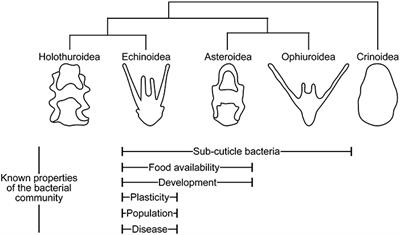EDITORIAL
Published on 20 Aug 2021
Editorial: Symbiosis in a Changing Environment
doi 10.3389/fevo.2021.731892
- 3,142 views
- 3 citations
12k
Total downloads
76k
Total views and downloads
Select the journal/section where you want your idea to be submitted:
EDITORIAL
Published on 20 Aug 2021
ORIGINAL RESEARCH
Published on 22 Mar 2021
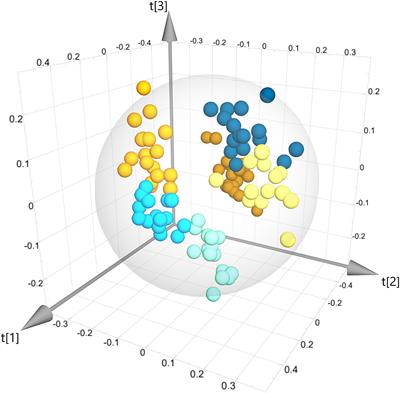
ORIGINAL RESEARCH
Published on 23 Dec 2020
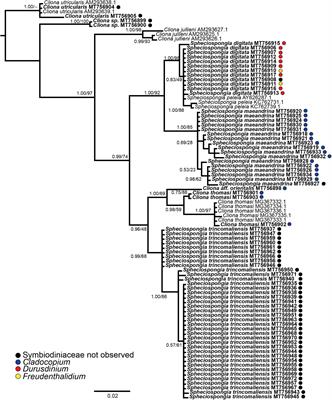
ORIGINAL RESEARCH
Published on 04 Sep 2020
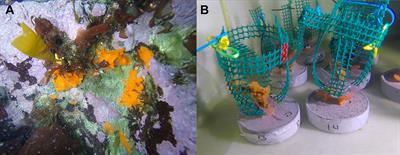
ORIGINAL RESEARCH
Published on 02 Sep 2020

ORIGINAL RESEARCH
Published on 12 Jun 2020

MINI REVIEW
Published on 09 Jun 2020
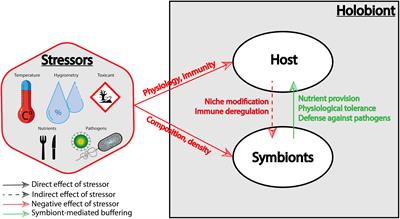
ORIGINAL RESEARCH
Published on 06 May 2020
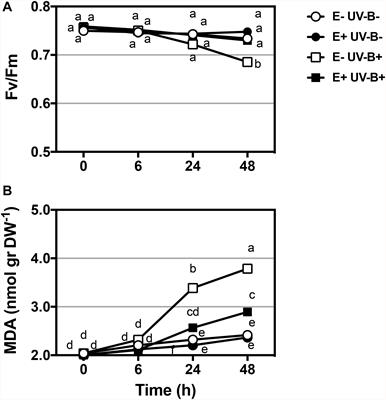
ORIGINAL RESEARCH
Published on 19 Mar 2020

PERSPECTIVE
Published on 13 Mar 2020
MINI REVIEW
Published on 22 Jan 2020
